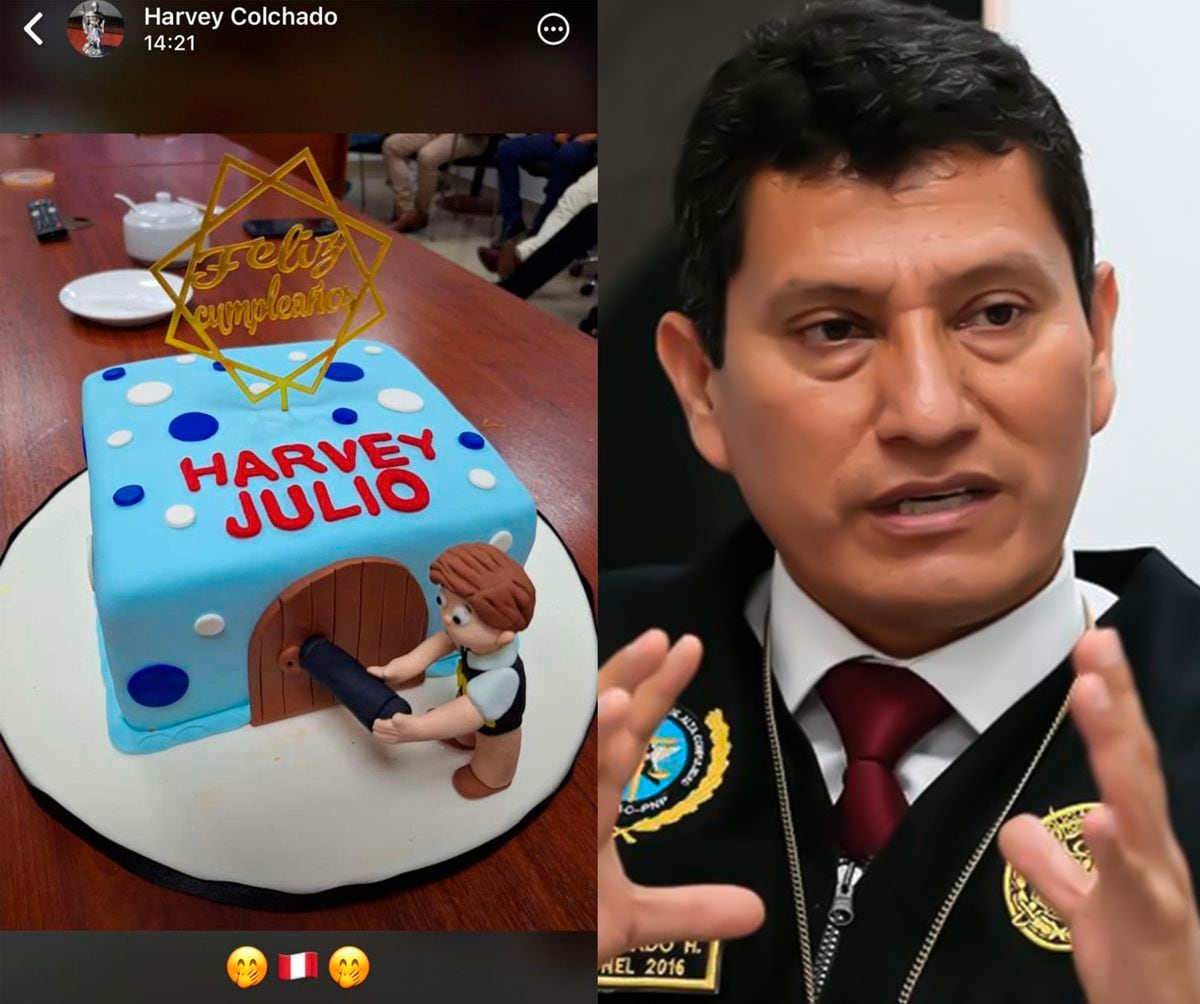A group of people protest against the Peruvian Foreign Minister, Héctor Bejar, outside the Torre Tagle Palace, headquarters of the Foreign Ministry, this Tuesday in Lima.Paolo Aguilar / EFE
There are no placid days for Pedro Castillo in power.
Your idea of transforming Peru is going to run into more bumps than you imagined.
The schoolmaster has been living in almost a continuous crisis since he took office as president at the end of August.
The premature resignation of the foreign minister, Héctor Béjar, a sociologist who had pointed to the Navy as the cause of the beginning of terrorism in the country, instead of the Maoist group Sendero Luminoso, added even more turbulence to a government that was just beginning.
The continuous controversies in which his Cabinet has been involved have caused him to be the most unpopular Peruvian president at the beginning of his term in the last 20 years.
More information
Pedro Castillo's foreign minister resigns in Peru after 19 days in office
Peruvian justice investigates Bellido and Cerrón, the strong men of the party that brought Pedro Castillo to power
This time Castillo has run into the Army, a de facto power within the State.
The appointment as foreign minister of someone who in the past had been ambiguous about the role of the military in his war against the Shining Path had raised some eyebrows.
Added to that was the fact that Béjar, 85, had been an ELN guerrilla trained in Cuba.
It was downplayed that he was later pardoned and worked for the government of Juan Velasco Alvarado, a general who came to power by force in the late 1960s and carried out a major agrarian reform that plunged Peru into the modern era.
Between one thing and another, Béjar was seen as an intruder. In recent weeks, statements by the Foreign Minister have been appearing, months ago, in which he delved into this idea that armed violence had been a matter of the military. Specifically with this phrase: "Terrorism in Peru was started by the Navy and that can be demonstrated historically and they have been trained for that by the CIA." In addition, Béjar assured that snipers were the ones who killed four policemen during the seizure of a police station in 2005, an attempted coup d'état that then starred Antauro Humala, the brother of who years later would be president. Antauro has been in prison since then, accused of causing those four deaths. Castillo hinted in the campaign that he would grant him a pardon.
The Navy issued a devastating statement in which it described Béjar's words as an affront. Congress began to move to apply a vote of no confidence to him. Béjar was, in a matter of hours, in a position of weakness. Castillo, practical, has dropped it. Defense Minister Walter Ayala endorsed the indignation of the Armed Forces, perhaps in an exercise to maintain his own position. Ayala was clear with Castillo: "I told him that there were two paths, that Mr. Béjar apologized to Peru and the Navy or to resign." The chancellor opted for the second, in light of the facts. Some historians, including Béjar, maintain that, in addition to the Shining Path terrorism, there was another state terrorism that some sectors refuse to recognize.
Demonstrators at the door of the Foreign Ministry demand the resignation of Béjar for his statements about the Navy, this Tuesday, in Lima.GIAN MASKO / AFP
Join EL PAÍS now to follow all the news and read without limits
Subscribe here
This opens the first crisis of the official government of the Castillo era, which has not even passed the vote of confidence in Congress, which will be on the 26th. The opposition had been very critical of the name of Béjar, although it had gone unnoticed by all the criticism that Guido Bellido received as prime minister, even from sectors of the left that had supported Castillo during the campaign. Bellido represents the radical wing of Peru Libre, the party under whose initials the school teacher ran for election. The leader of that party, Vladimir Cerrón, could not appear for a corruption conviction and asked Castillo to go in his place. The most critical of the teacher always blamed him that behind him and the image of a pure man from the Andes, uncontaminated by political corruption,Cerrón was hiding, a kind of shadow adviser. The appointment of Bellido, an intermediate cadre of the party, very loyal to Cerrón, was interpreted as a confirmation of those suspicions.
The instability of the Government gives you bills in the surveys. According to Ipsos Peru studies, Castillo starts off less popular (45%) than the last four presidents who won at the polls. Three of them have been in prison and the fourth committed suicide when he was going to be arrested. Cerrón's proximity does not favor Castillo. 40% of Peruvians believe that he is actually the one who makes the important decisions and 57% are convinced that Bellido pays more attention to Cerrón than to the president himself. During the campaign, Castillo tried to get away from him, he even said that he would not even work as a goalkeeper, but the interested party has never let him cut that umbilical cord completely. The congressional seat is divided between supporters of one and the other. And it turns out that Cerrón is not practicing discretion either. In a recent interview on sudaca.pe,He assured that he has the ability to rectify some opinions of the Government.
Castillo reaches his third week as president accusing wear and tear. The opposition has scored a point with the resignation of Béjar. And surely in the coming weeks he will try to sign up another one. The president must now seek a new chancellor and address a question of confidence in Congress, which for the moment appears resolved. After two disapprovals in a row, Castillo could dissolve Congress, a scenario in which those who do not support his government do not want to see themselves. His coming to power was not easy, after unfounded allegations of electoral fraud made by his rival, Keiko Fujimori. Peru lived through weeks of tension and speculation until its victory was finally confirmed. The day he put on the presidential sash, it seemed that all that confrontation had been left behind. It was really just the beginning.
Subscribe here to the
EL PAÍS América
newsletter
and receive all the informative keys of the current situation in the region.

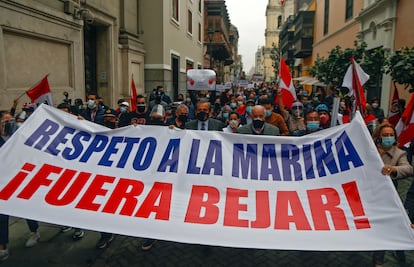
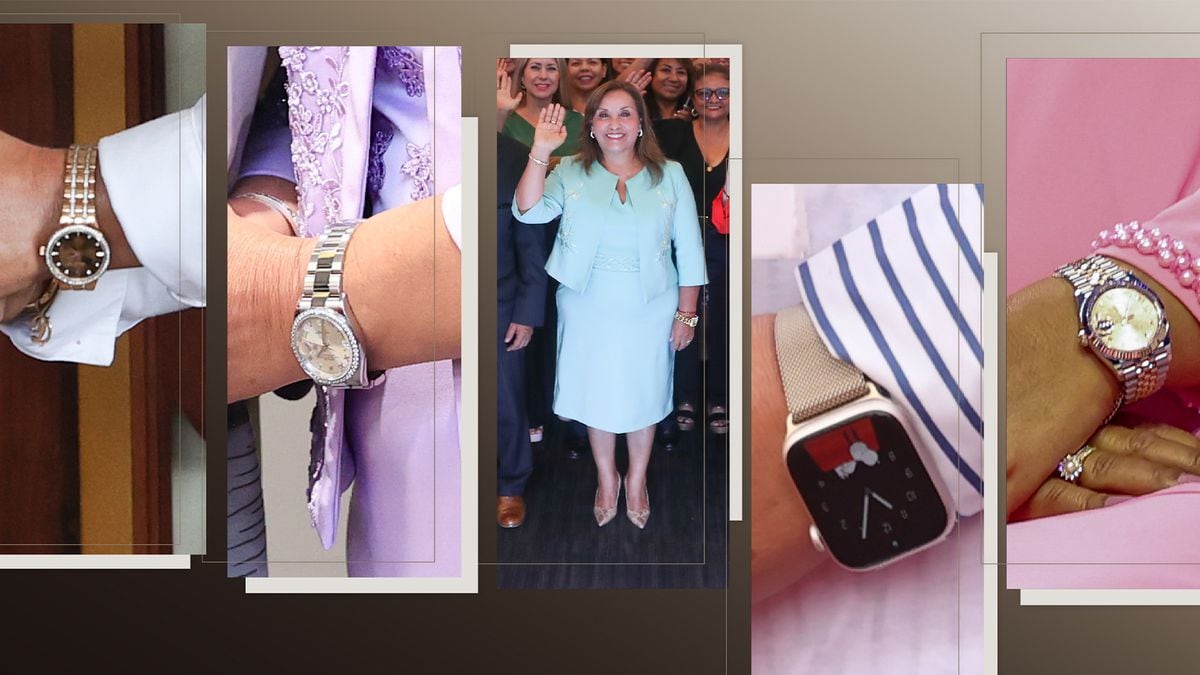
/cloudfront-eu-central-1.images.arcpublishing.com/prisa/CNZG5EUKYXFP3K7LCFCWHXS3VE.jpg)
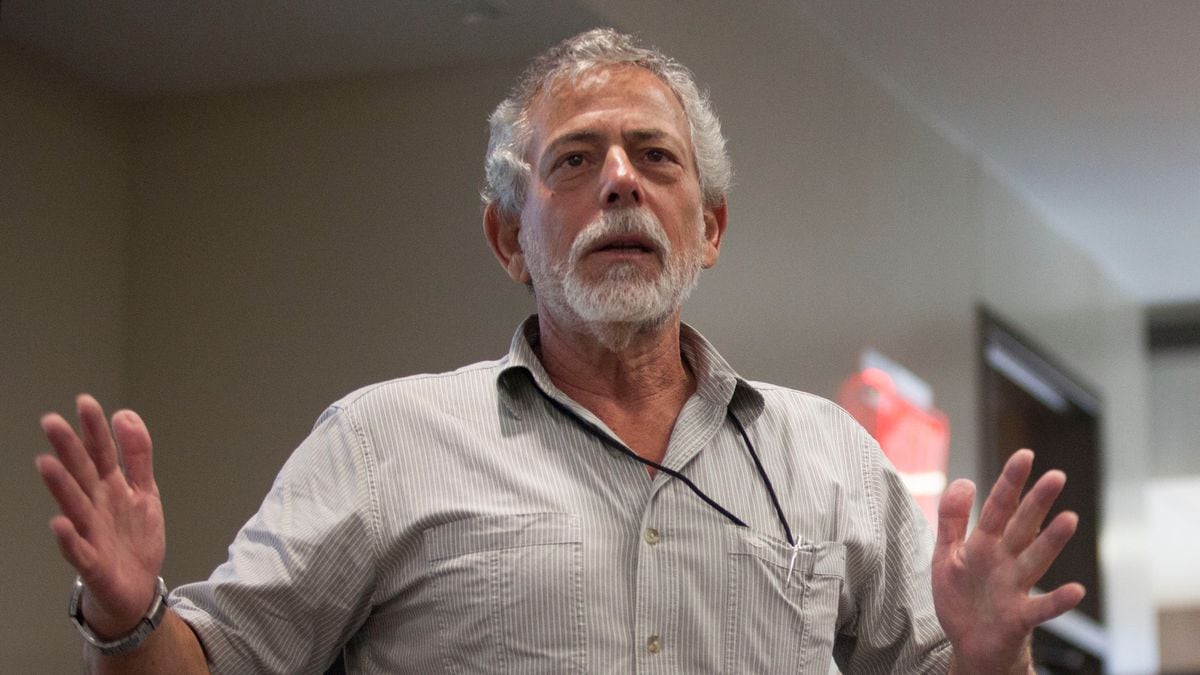
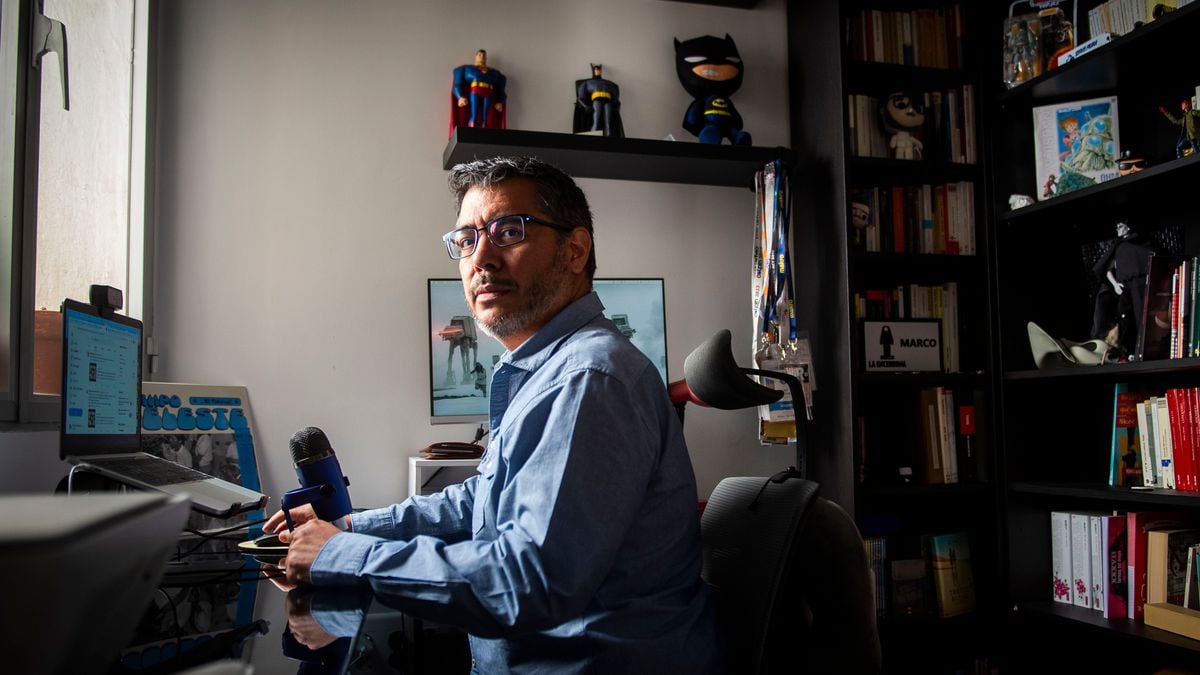
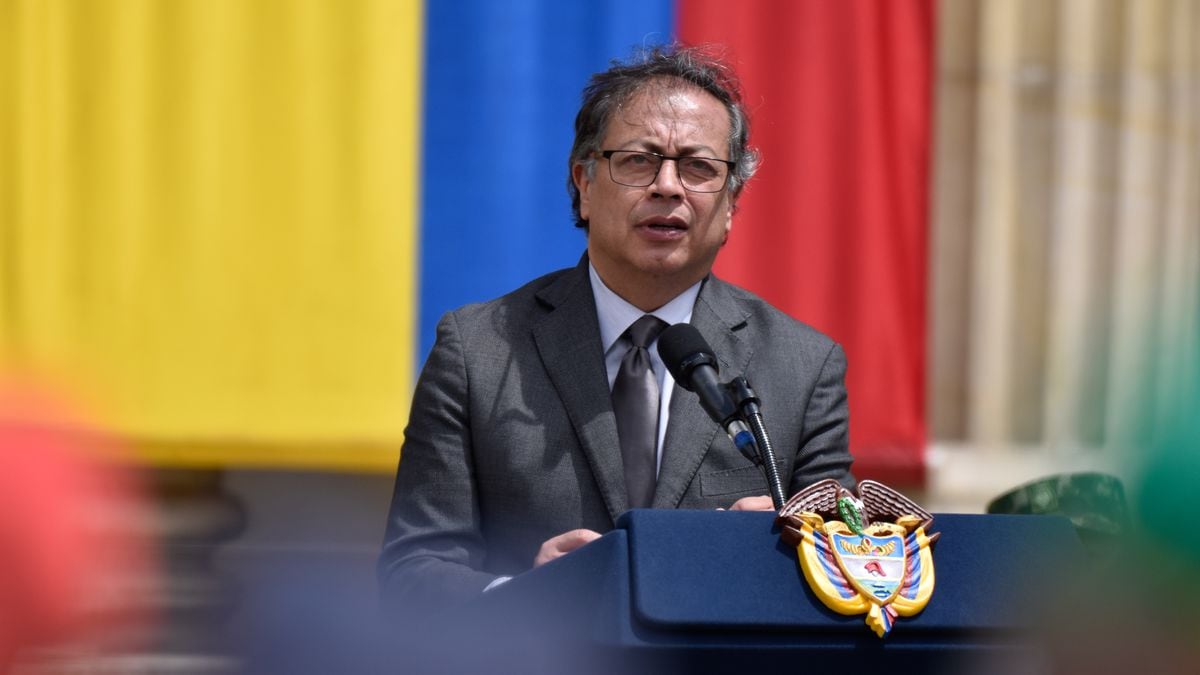
/cloudfront-eu-central-1.images.arcpublishing.com/prisa/GI4IKIDOOBFTFHFRXLQ2PGMVUI.jpg)
